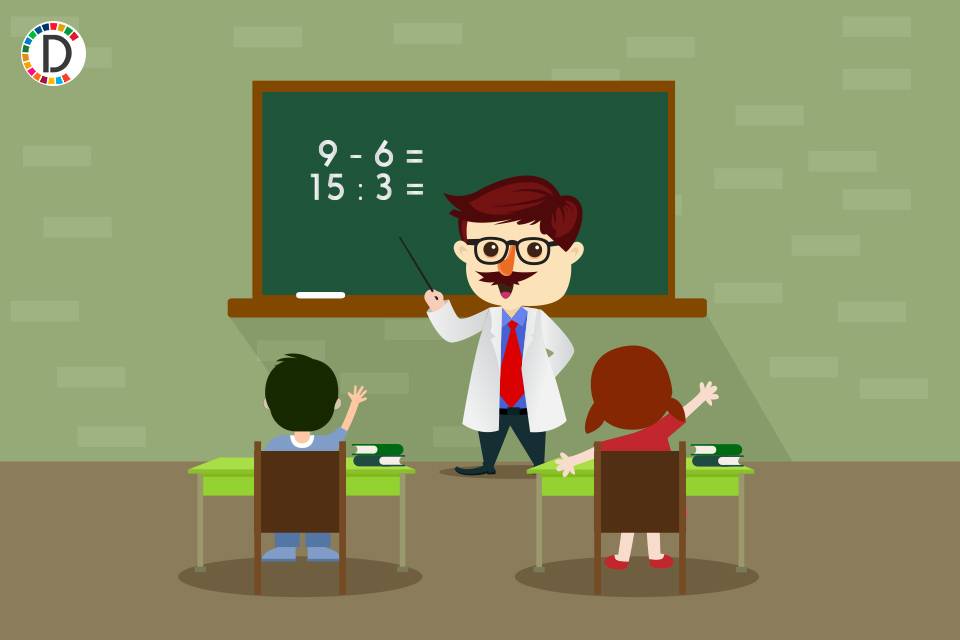Biggest casualty of school closure during pandemic were children beginning to read, count: Experts
The biggest casualty of school closures during the COVID-19 pandemic was among children who were just beginning to read and count and the ramifications of the loss of guidance during their formative years will become apparent when these children reach higher classes, experts said.According to the Annual Status of Education Report ASER, 2022, the basic reading ability of school students across all classes has dropped to pre-2012 levels while basic maths skills have declined to 2018 levels.

- Country:
- India
The biggest casualty of school closures during the COVID-19 pandemic was among children who were just beginning to read and count and the ramifications of the loss of guidance during their formative years will become apparent when these children reach higher classes, experts said.
According to the Annual Status of Education Report (ASER), 2022, the basic reading ability of school students across all classes has dropped to pre-2012 levels while basic maths skills have declined to 2018 levels. The drops are visible in government as well as private schools in most states and for both boys and girls, it showed.
''The biggest casualty of the school closures was among children who were just beginning to read and count. The ramifications of the loss of guidance during the formative years will become apparent in the next few years when these children reach higher classes. Online schooling also largely left out children with disabilities or learning difficulties,'' said Dipanjan Chakraborty, assistant professor at Birla Institute of Technology and Science, Pilani, Hyderabad.
''Despite the lessons from 2020-21, India is no better prepared for the next pandemic. Policy needs to work towards 'digital welfarism' which improves quality of access to the extent of making it a basic necessity and improving human capabilities to use digital platforms. The answer to the larger question of whether online education can ever adequately replace traditional schooling is clear. It can't,'' he was quoted as saying in a report by 360info. According to Yasumasa Kimura, UNICEF India, ''We might be risking a lost generation of children who may never return to school. The impact on girls is disproportionately worse.'' In 2020-21, there was an assumption schooling could be conducted online during lockdowns but for a majority of schoolchildren in India, there was almost no access to schools for months.
Economists Reetika Khera and Jean Dreze documented how children in their formative years lost out on learning and social skills while those dependent on the mid-day meals served in the schools lost out on essential nutrition. Chakraborty said, ''The availability of network, bandwidth or signal was not the only factor behind low traction for online schooling. Several socio-cultural factors played out at the same time. Many children had lost parents to COVID-19 while others had to take up jobs to support their families as the parents had lost their livelihoods. These children were forced out of schools and may never return to a formal education. ''Other researchers have documented female students who dropped out during the pandemic might never return to school. There have been online education success stories such as supplemental ed-tech platforms. But these platforms cost money and not all households could afford the fees, meaning they were almost exclusively used by wealthier families.''
(This story has not been edited by Devdiscourse staff and is auto-generated from a syndicated feed.)
ALSO READ
Science News Roundup: White House directs NASA to create time standard for the moon; Wide swath of US will get buggy as two cicada broods intrude and more
ED attaches assets worth Rs 1.17 cr in Hyderabad in money laundering case
Science News Roundup: White House directs NASA to create time standard for the moon; Gene involved in cell shape offers clues on left-handedness
"Hyderabad FC are a dangerous team": FC Goa head coach Manolo Marquez
IPL 2024: Ahead of Hyderabad-Chennai clash, host cricket body claims dues cleared; power dept denies










